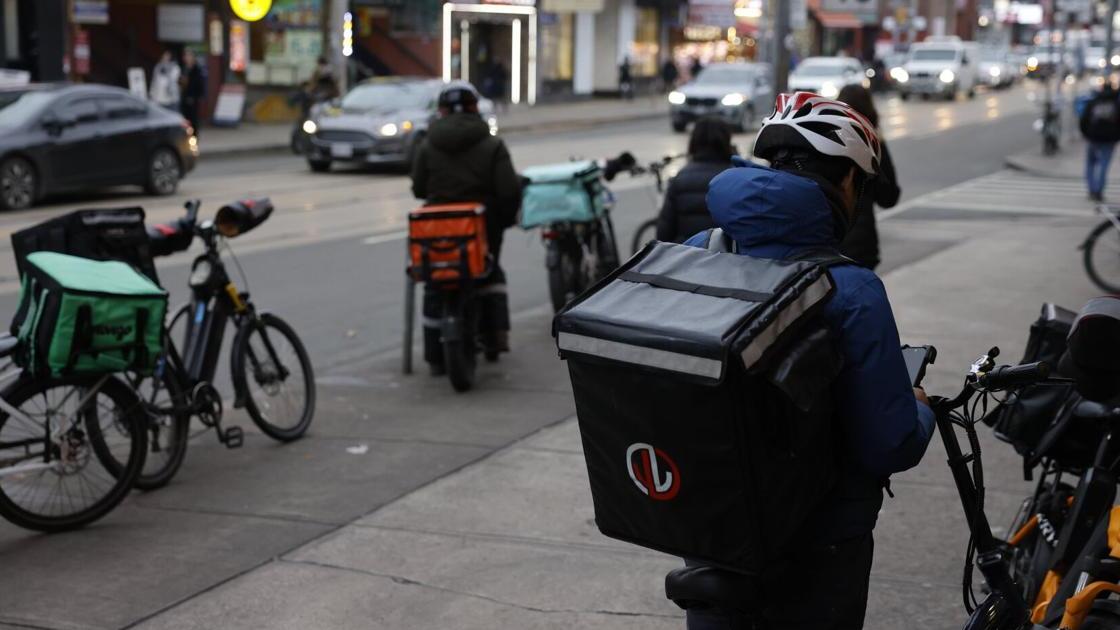You must log in or register to comment.
I hear the smallest violin Everytime I hear about UberEATS executive complain about the company not being profitable.
I know GrubHub is bad too but I typically only pay a small fee of 3$ for their service and a tip of 20% to the driver.
Yet UberEATS usually includes a $10-15 UberEATS fee which the employee sees none of. Yet “oh no UberEATS is not profitable, oh no my 3rd yacht isn’t big enough”
I only use eats if there’s a solid promo, and then I pick up the food myself. They don’t get the fee, I don’t have to tip, and I get the deal. A lot of time the price per item is cheaper on pickup too. Their fees are absolutely ridiculous, and they are just a middleman. They for sure are losing money on me.



